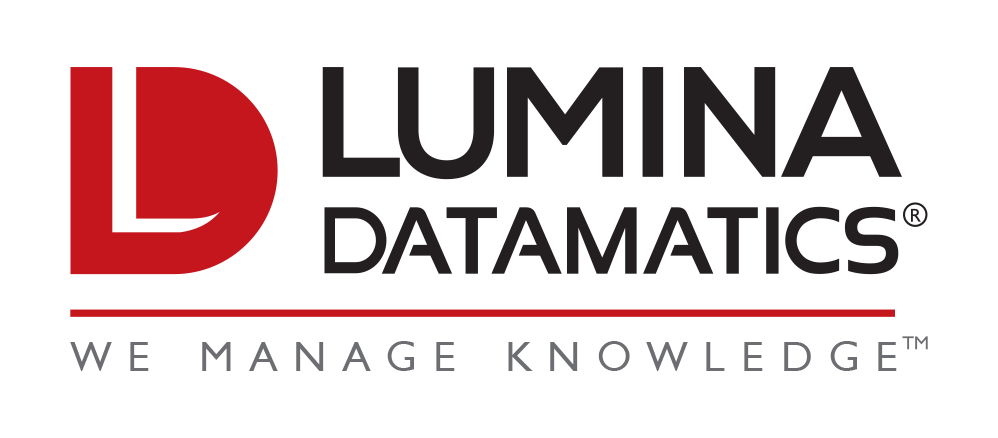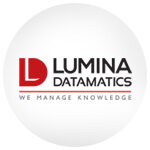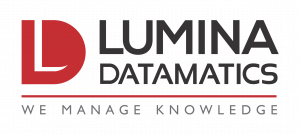The digital age has brought about many changes in every possible market. The publishing industry is no stranger to these changes and have actually benefited in many different ways. In the last 15 years, we have seen the rise of eBooks, interactive media, video and audio, virtual reality and subscription-based cost platforms that have taken over the industry. In the publishing industry, it has made significant impact in several sectors. For instance, publishing service providers have made large gains in transforming content from print to digital. Law firms, colleges, public library and federal governments across the world have seen their old records and documents being brought online for mass consumption. Publishers have also made similar inroads in the higher education market.
Transformation is inevitable in any industry. With the rise of tablets and iPads, more students are gaining access to educational materials instantly. This created panic within the publishing industry as publishers assumed this would be a way of phasing them out. A 2012 Pearson Foundation survey found that 63 percent of college students and 69 percent of high school students believed that traditional textbooks would be phased out in the next five years. But none of this has actually come to pass. While print production has decreased, overall book production has actually increased due to digital book printing. Digital printing enables publishers to order shorter runs that can be versioned or customized for various locations and combined with online resources to reflect changes in current events or other facts. Educators and publishers can now blend and bridge traditional print content with dynamic electronic content with the use of evolving new digital technologies, such as embedded Internet-connected codes and invisible digital watermarks.
In addition to print books or eBooks, textbook publishers produce ancillary materials to aid in the teaching and learning processes. These ancillaries might include teacher’s manuals, presentation slides to aid instructors, student workbooks and online study guides. In addition to that, auditory learning has been a great source of income for textbook publishers to produce resources that can aid handicapped students.
But like the rest of the publishing industry, it’s evitable that disruptors will be more apparent. For instance, take the ‘zero textbook cost.’ colleges are regarding textbooks as a capital expense – spend a few tens of thousands customizing a textbook, and then give it away to students. For example, the commonwealth of Virginia started a similar program back in 2015. Dubbed the Z-Degree program, VA community colleges started redeveloping associate degree programs so that students could complete a degree without buying a textbook.
In other ways, used textbooks are becoming a market onto themselves. In higher education, especially, there is a robust used book market. Textbooks are expensive, and students have many “required” courses where the textbooks have no particular interest to them or perceived useful value once the course is complete. The student can sell the textbook to students taking the same course in a later semester, or back to used book dealers who resell at a profit to other students.
Interactive media or adaptive digital content is certainly playing a role in higher education. E-textbooks have shown to be on the rise with university students with positive results. Eighty-eight percent of students who have used an e-textbook would recommend them to a friend. Increased use raises those figures even higher–among those who frequently use institutionally-provided e-textbooks, 98 percent would recommend them to a friend.
The future holds many different things for textbook publishers. With the rise of other alternative interactive media, the nature and distribution of textbooks will certainly change in the years to come.
Sources:
- http://www.bookbusinessmag.com/post/transforming-textbook-publishing-industry-digital-print/
- https://the-digital-reader.com/2017/07/10/zero-textbook-cost-degree-programs-rendering-paid-textbooks-obsolete/
- https://www.thebalance.com/textbooks-an-overview-of-textbook-publishing-2800283
- https://www.insidehighered.com/news/2017/01/31/textbook-publishers-contemplate-inclusive-access-business-model-future
- https://www.wired.com/2016/05/textbook-industry-tries-hook-prof/
- Image Credit: Freepik/Pexels





0 Comments